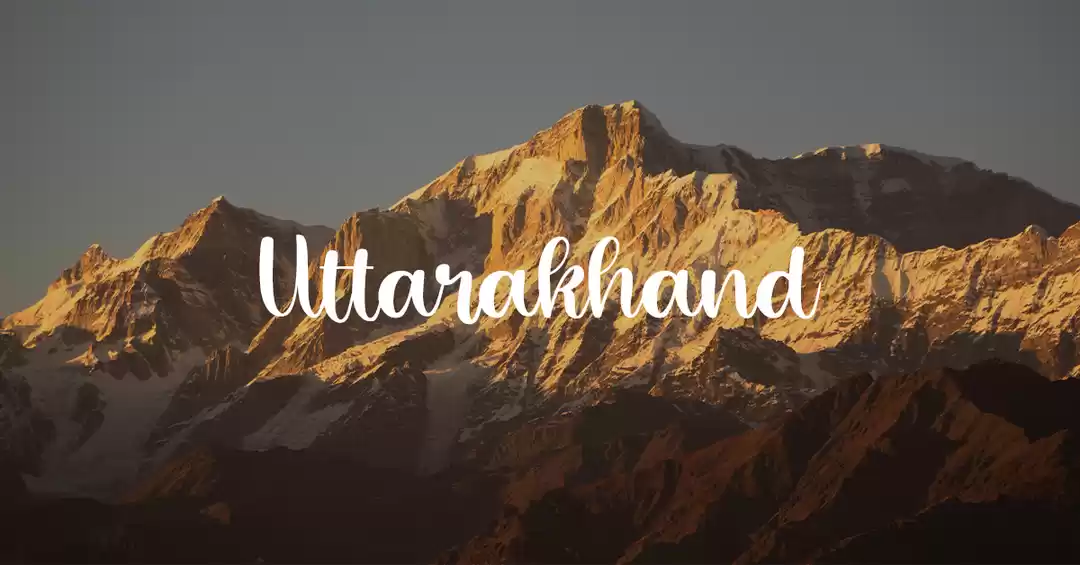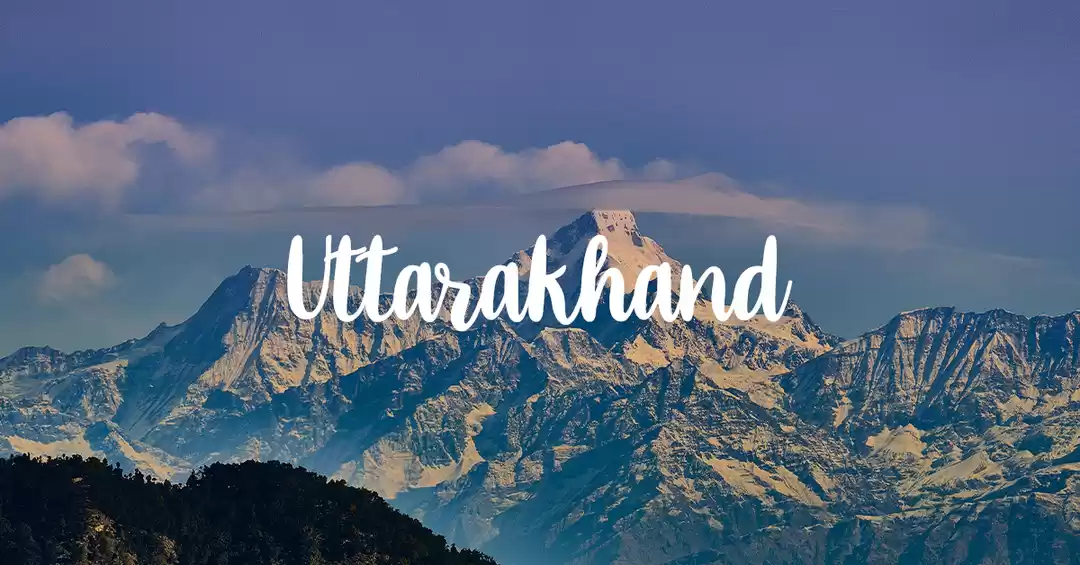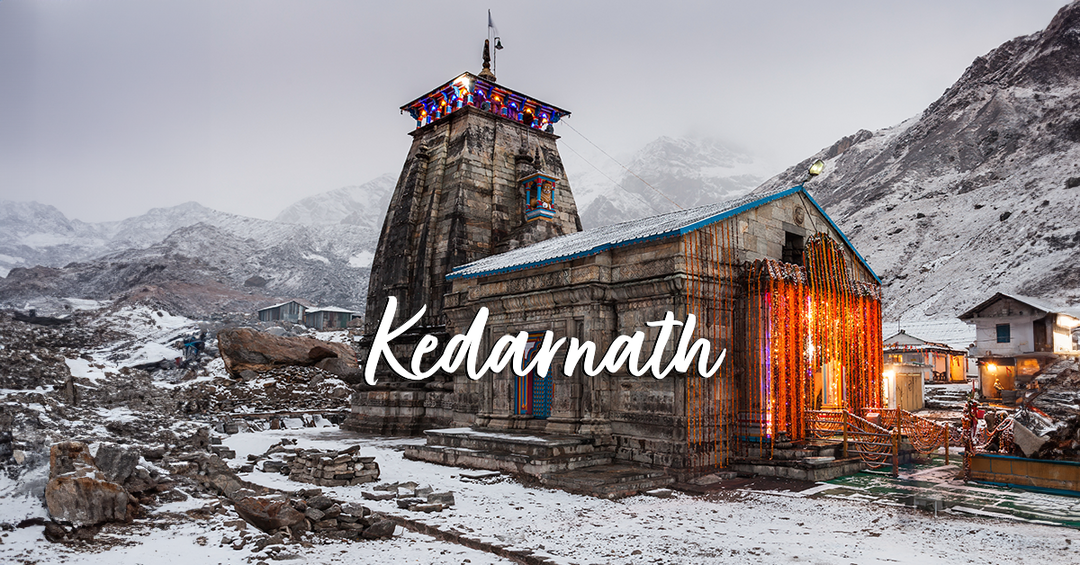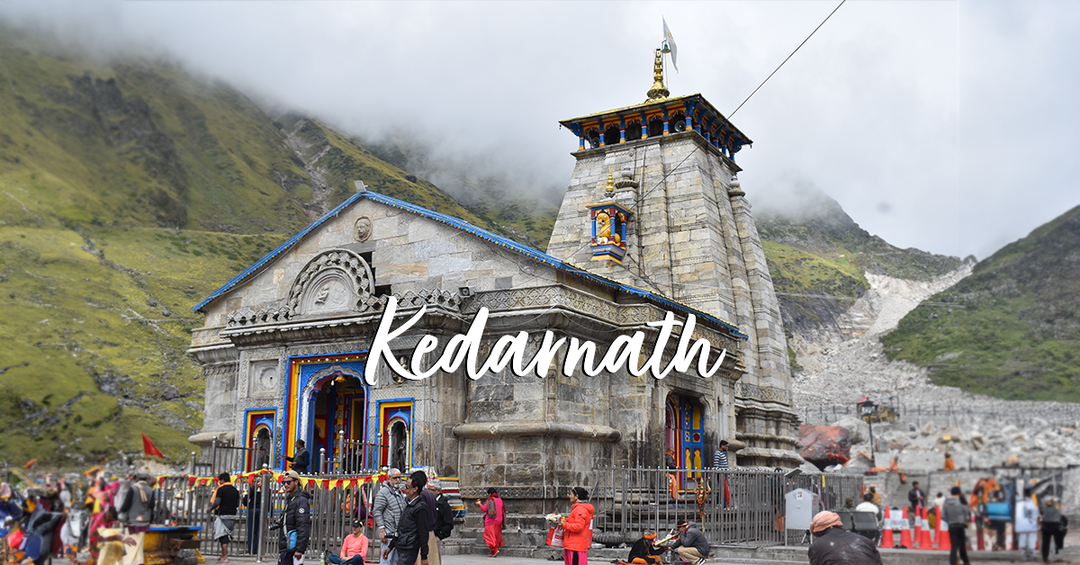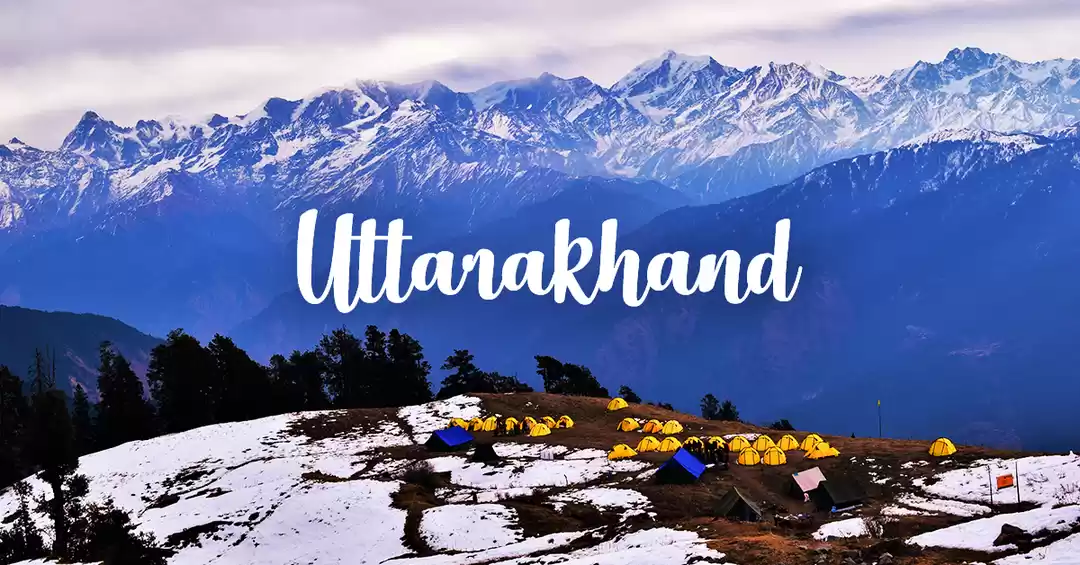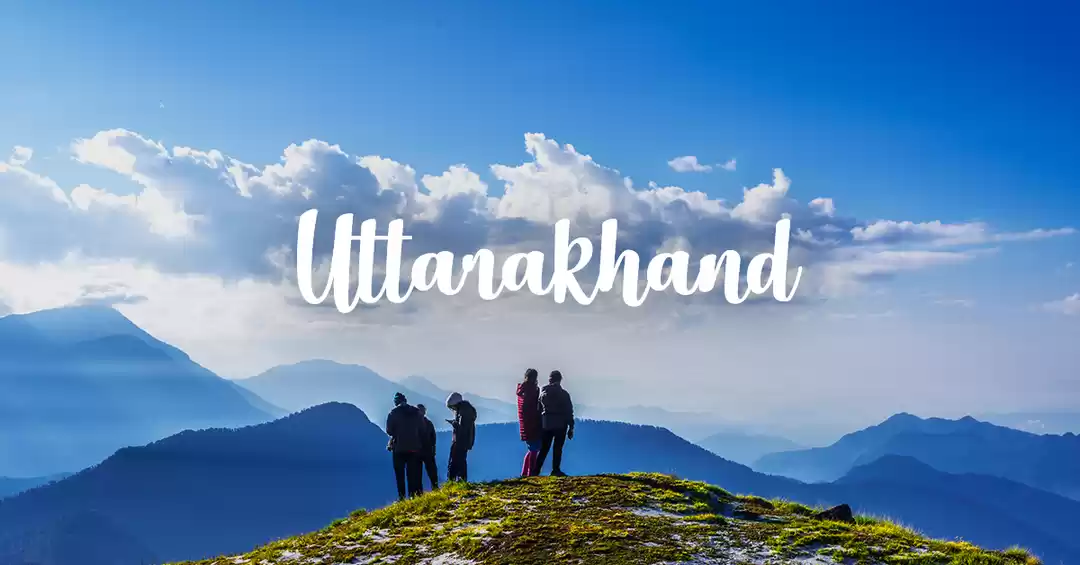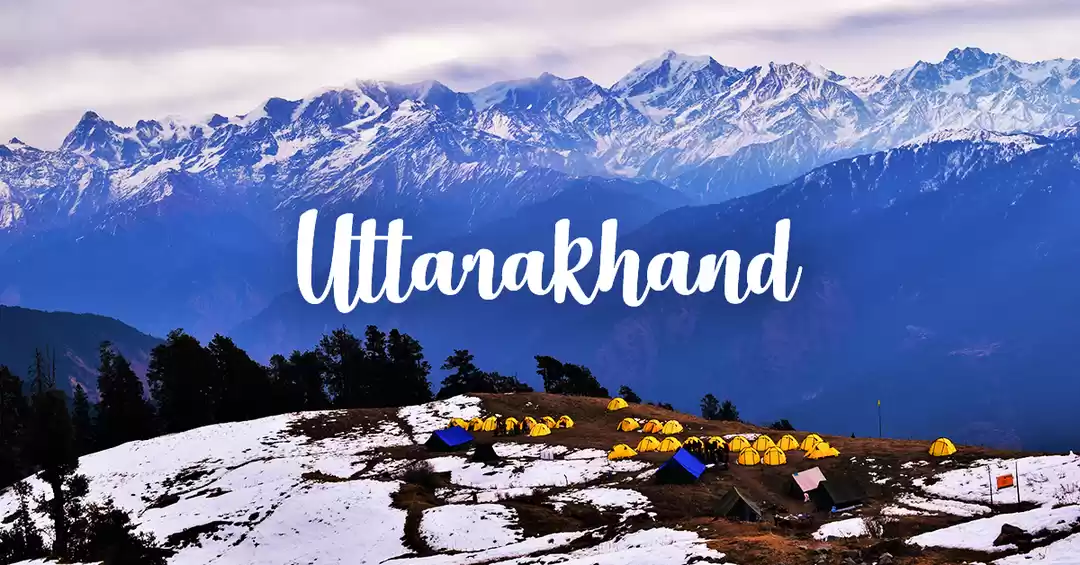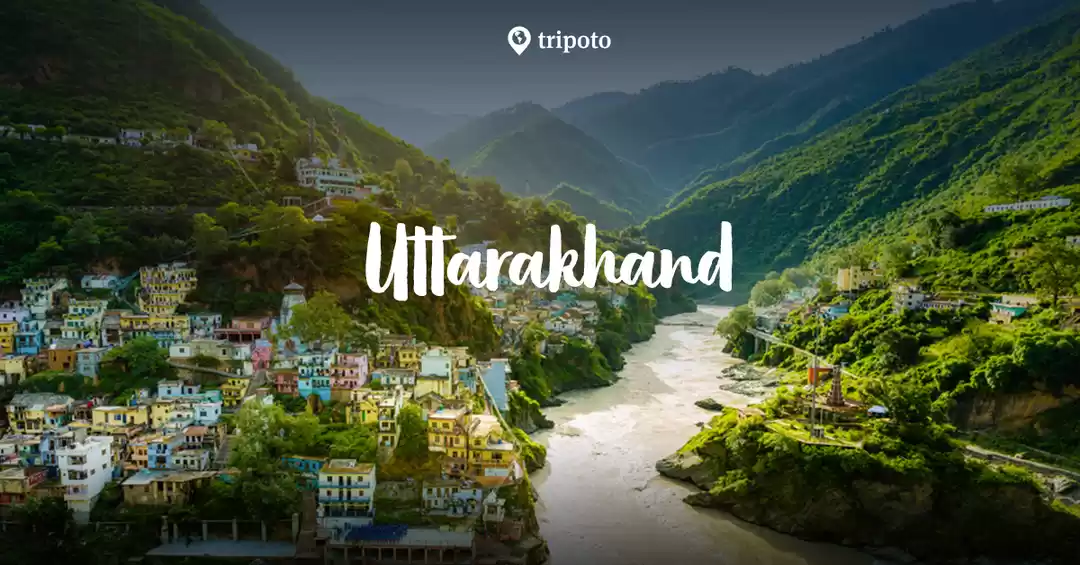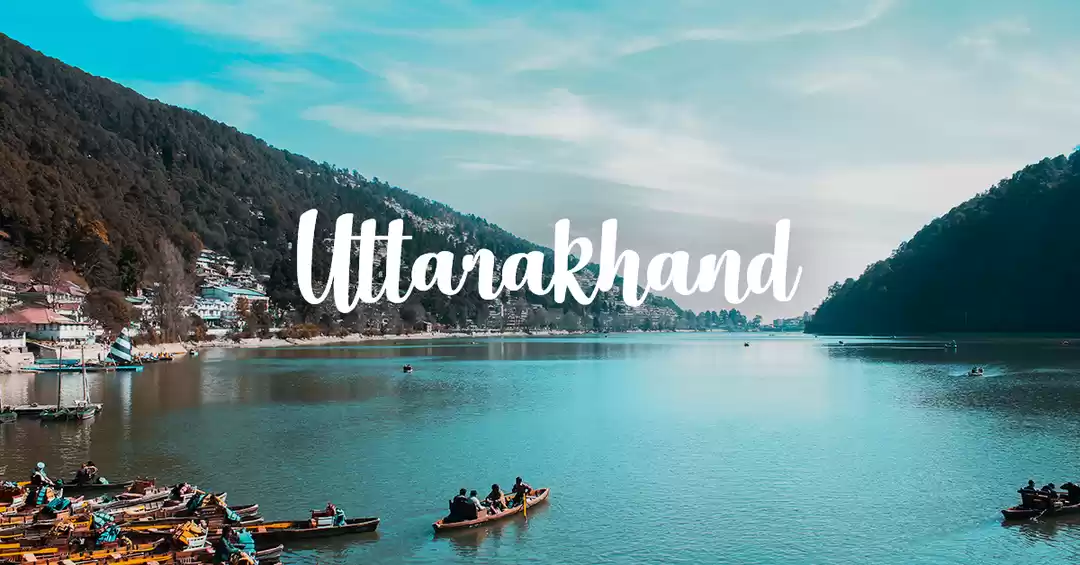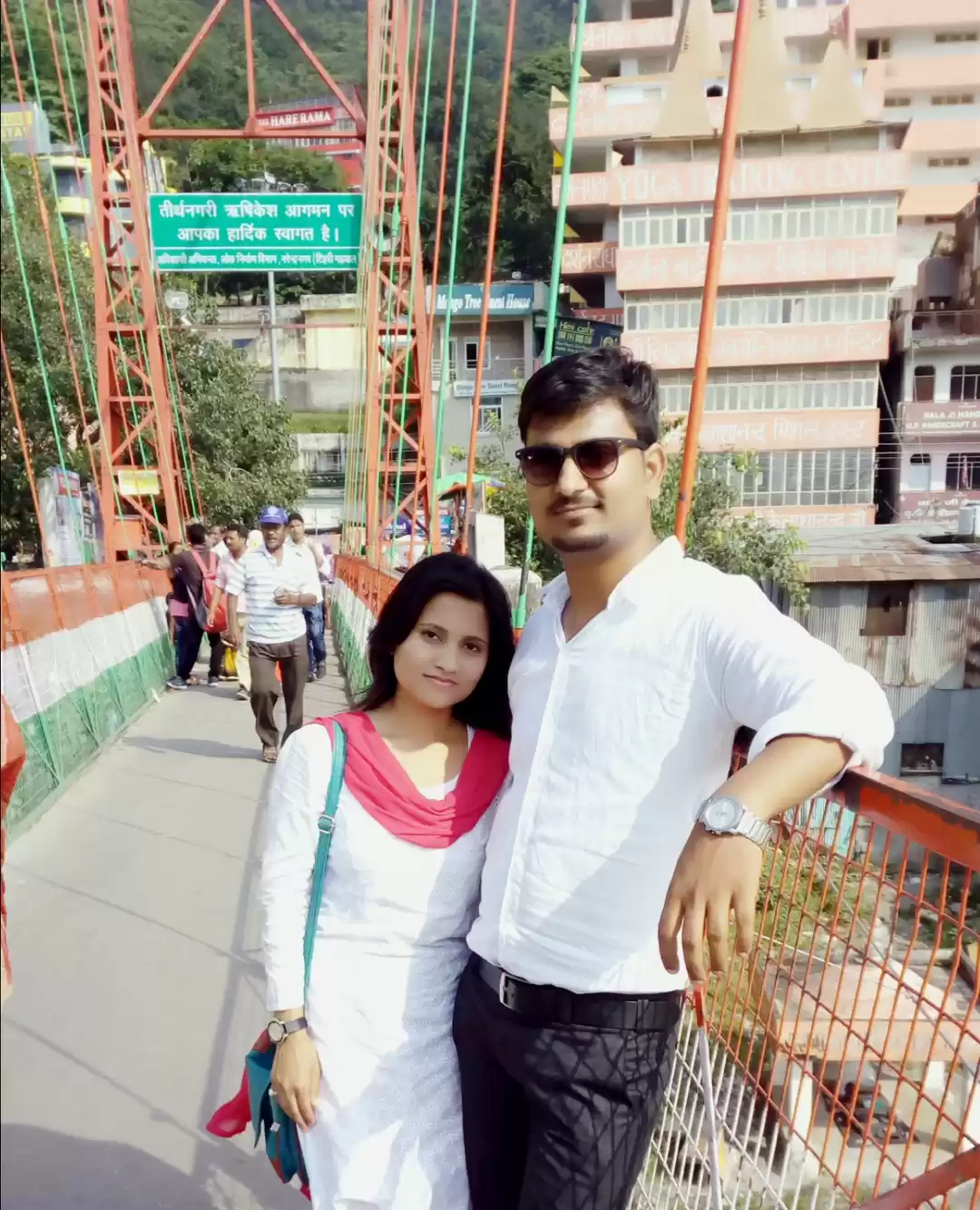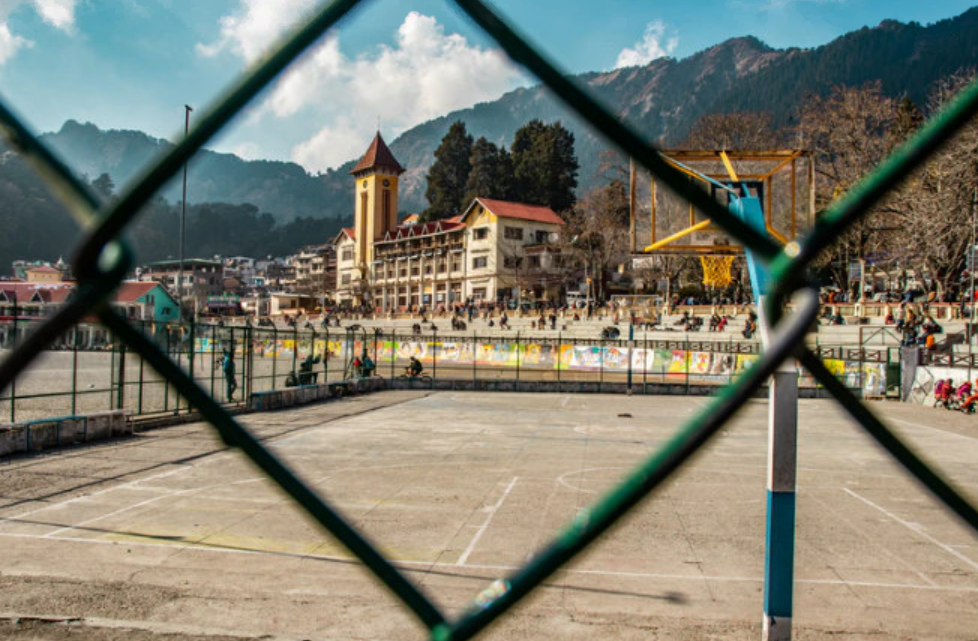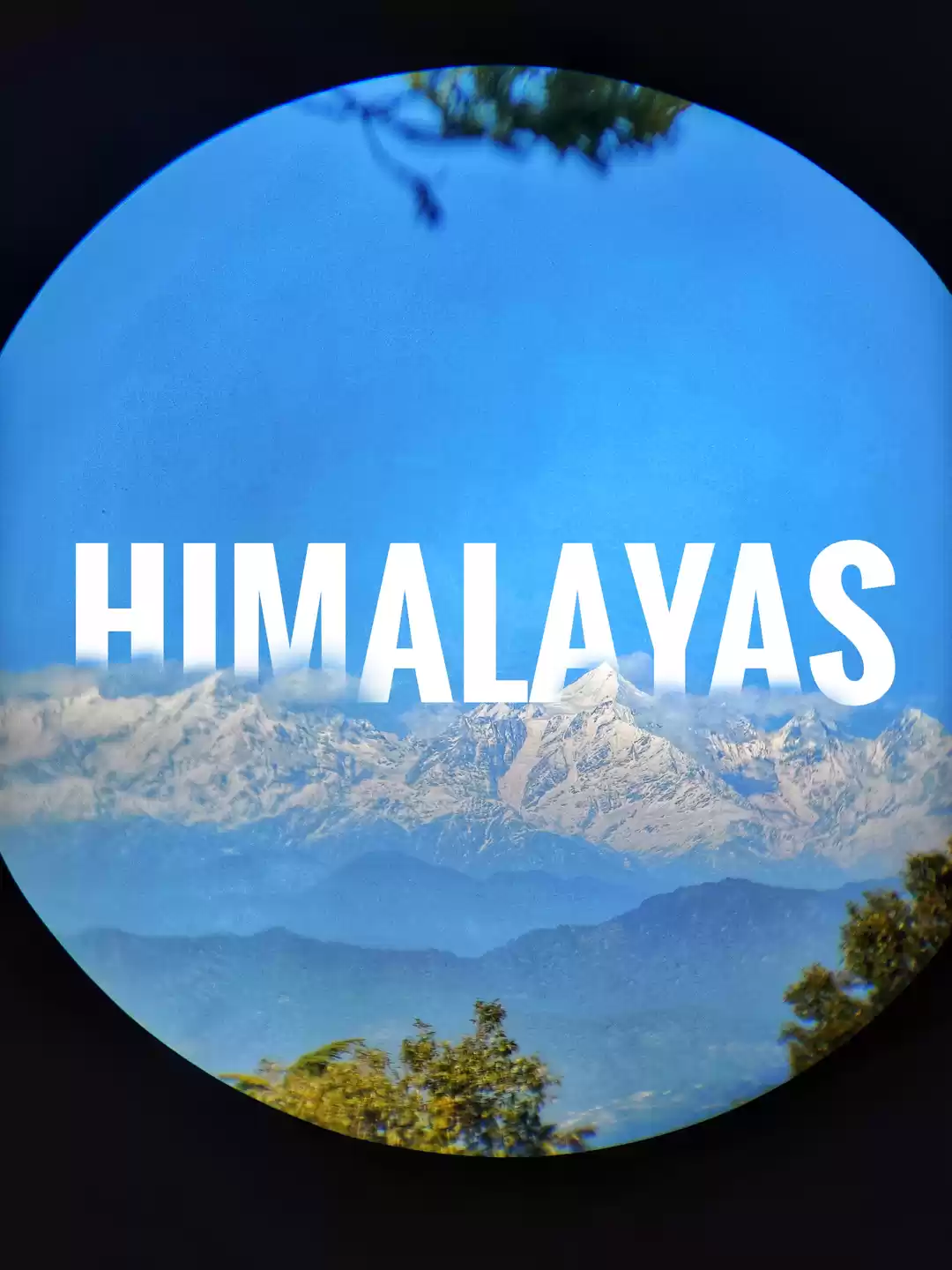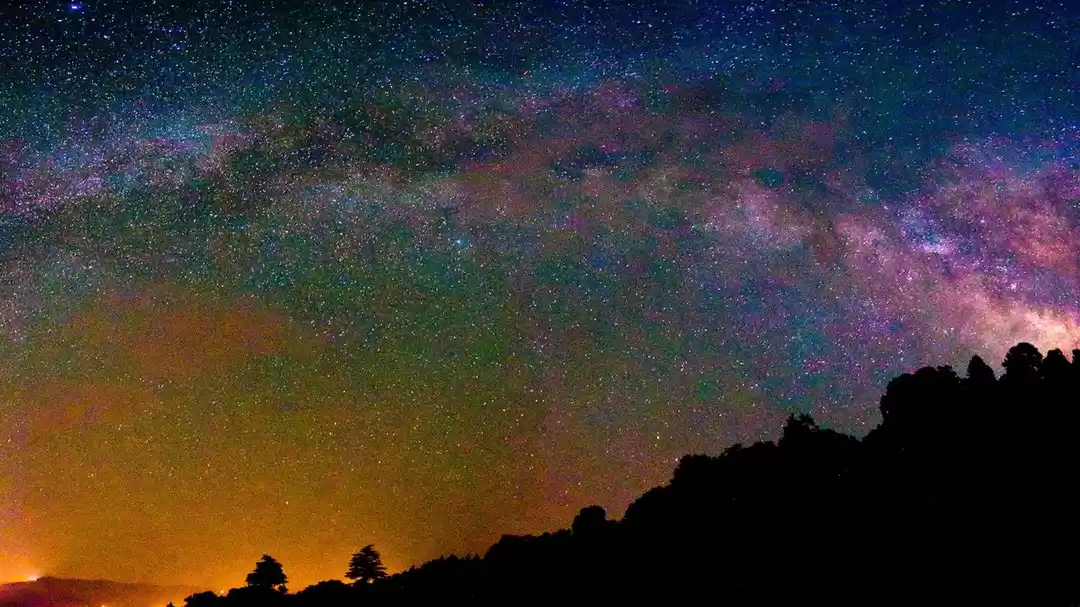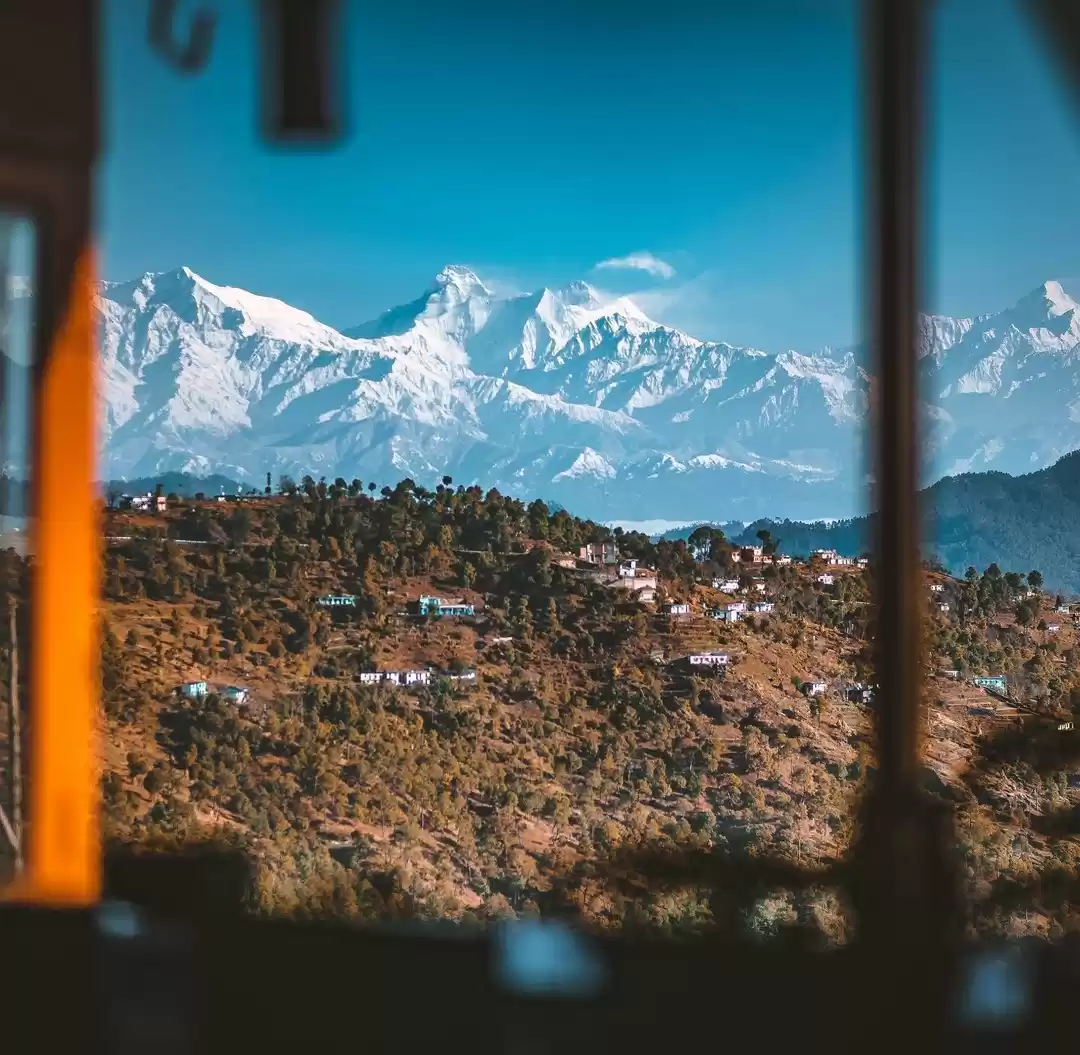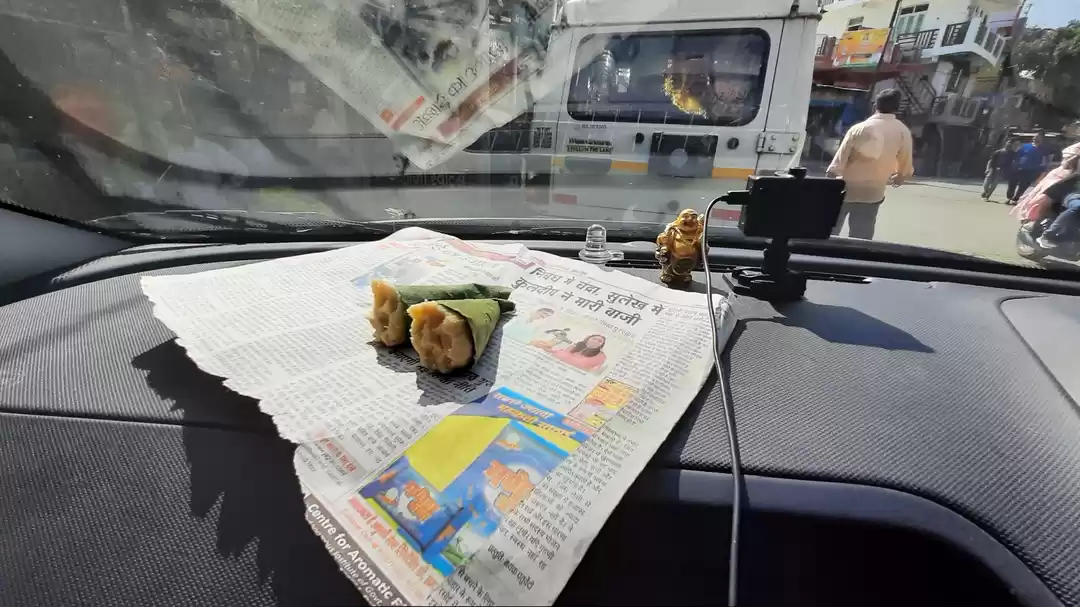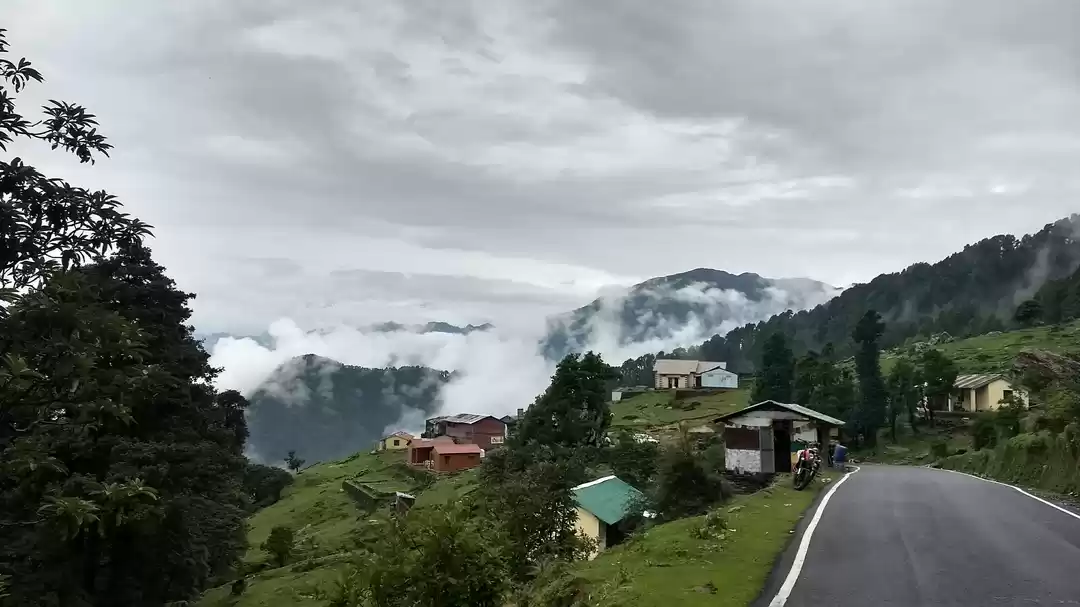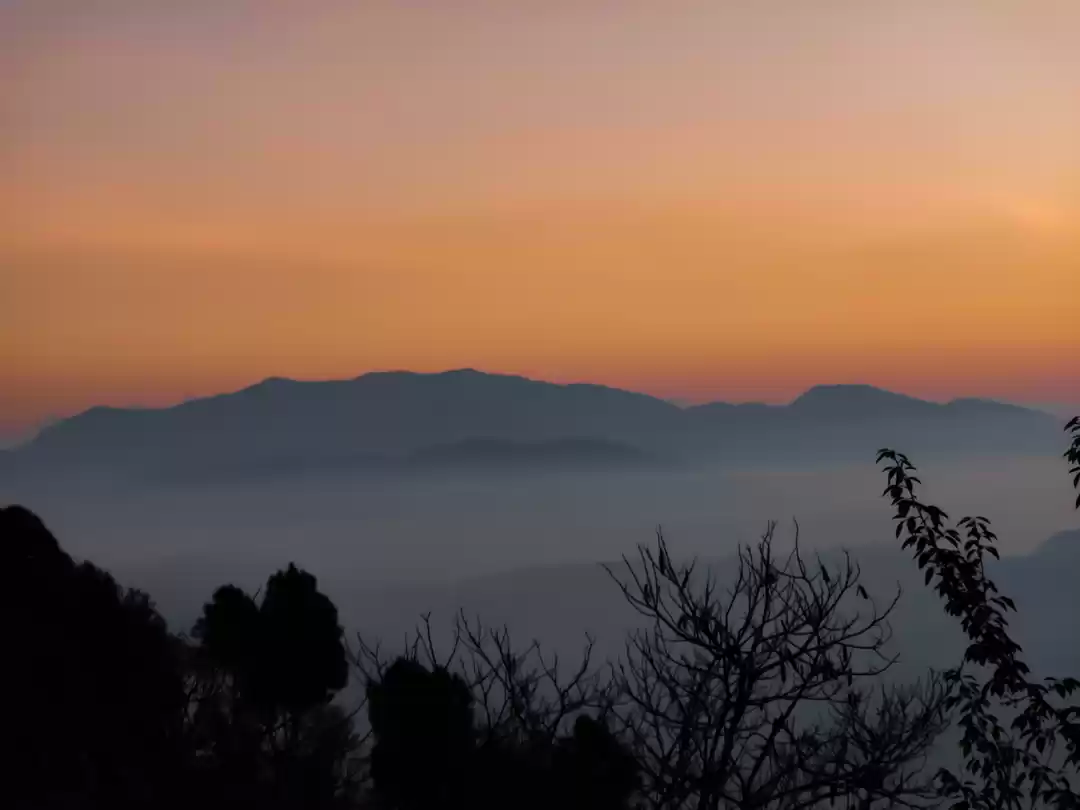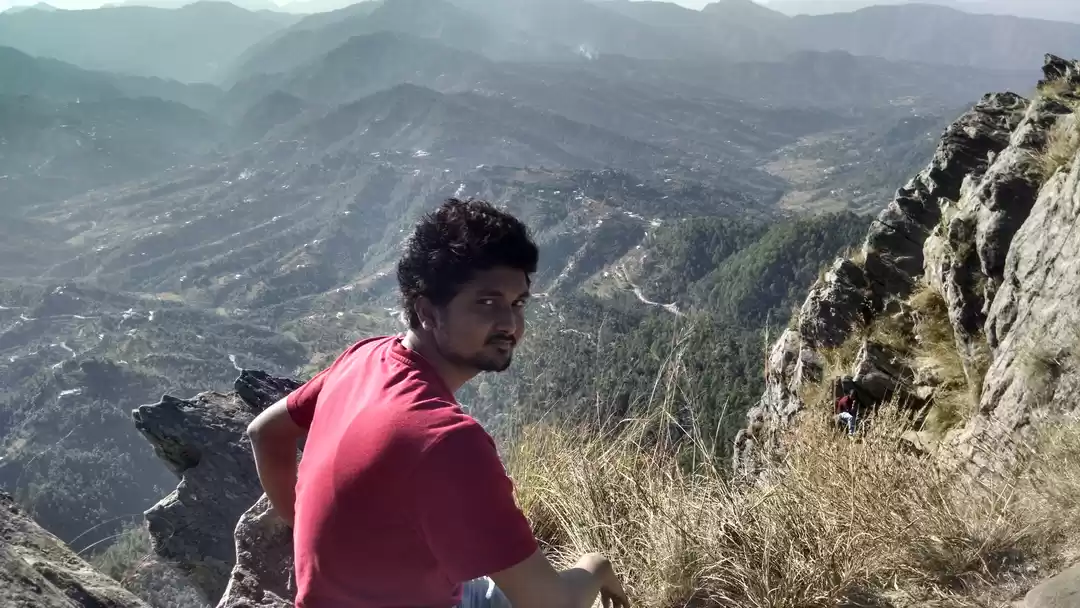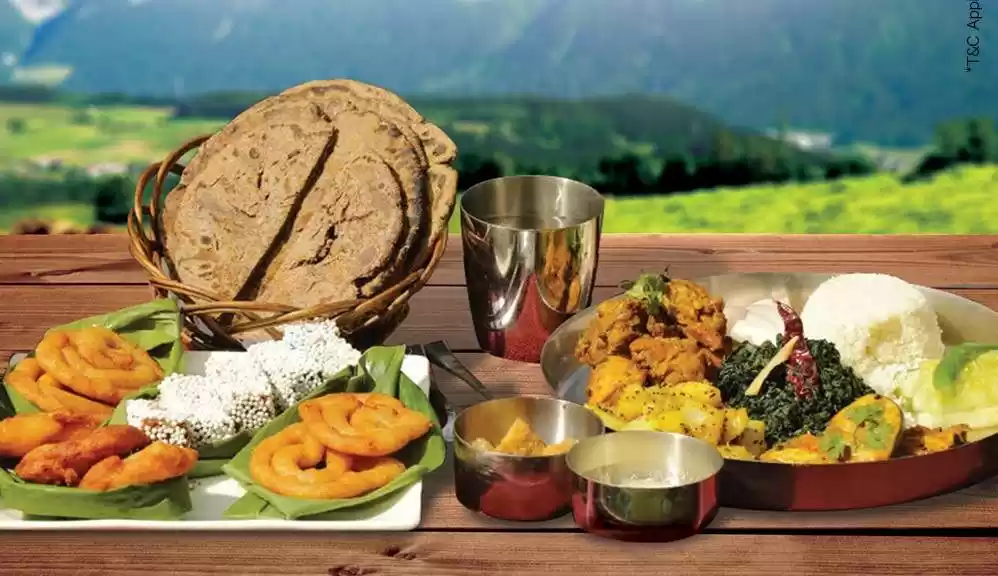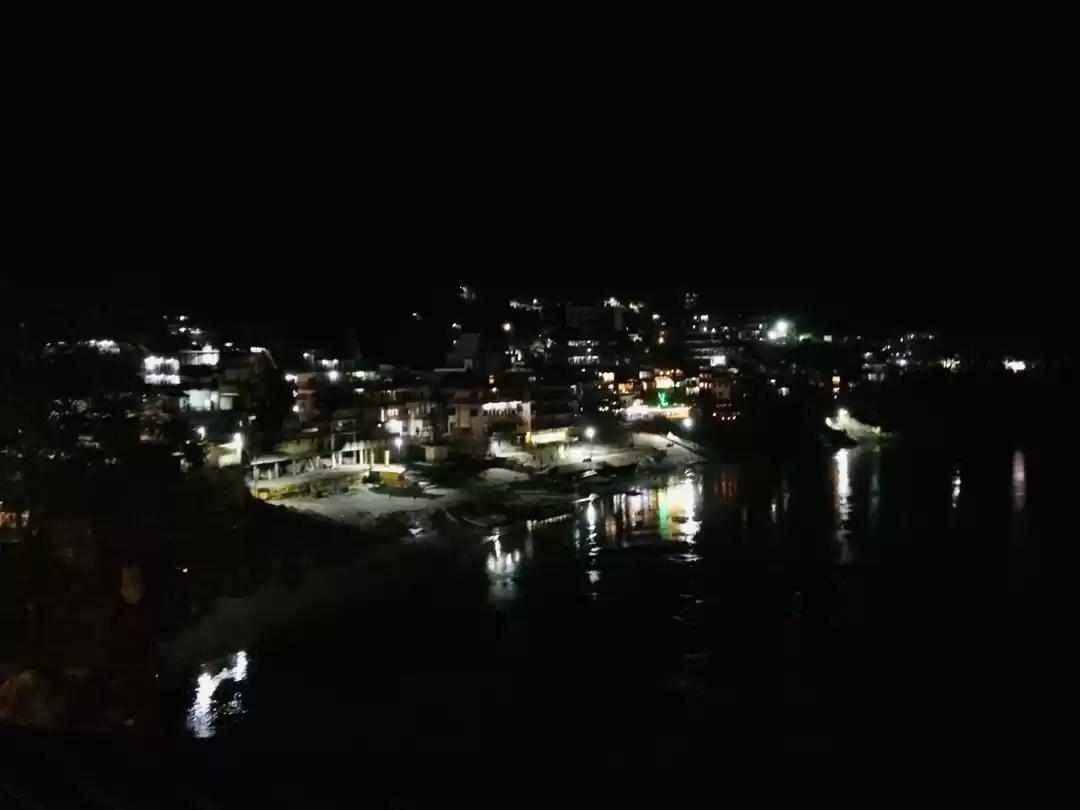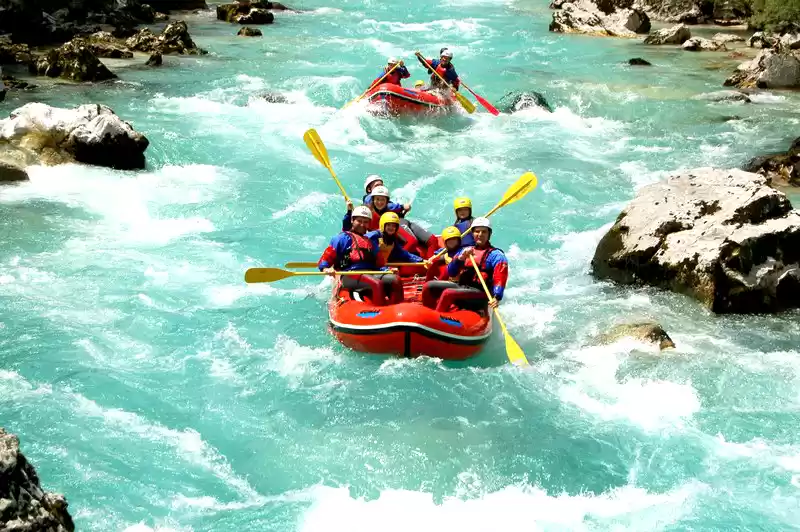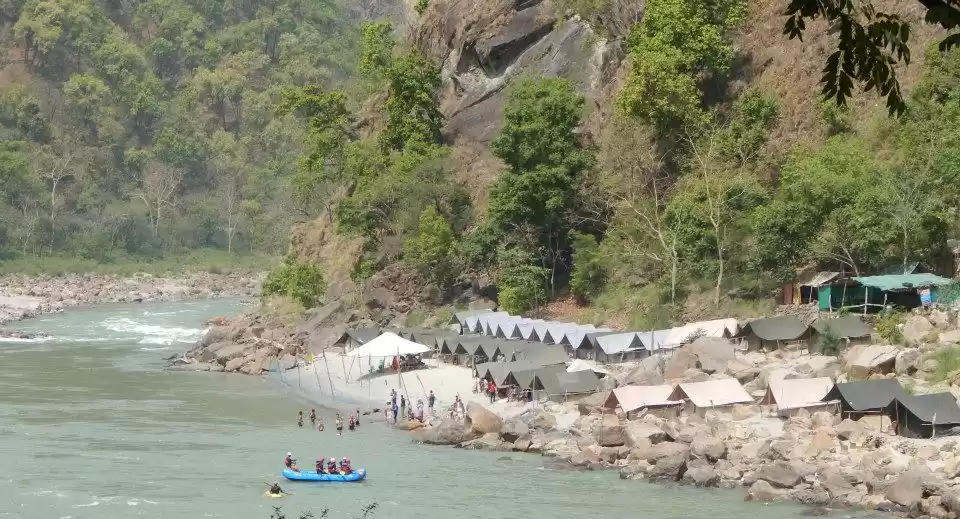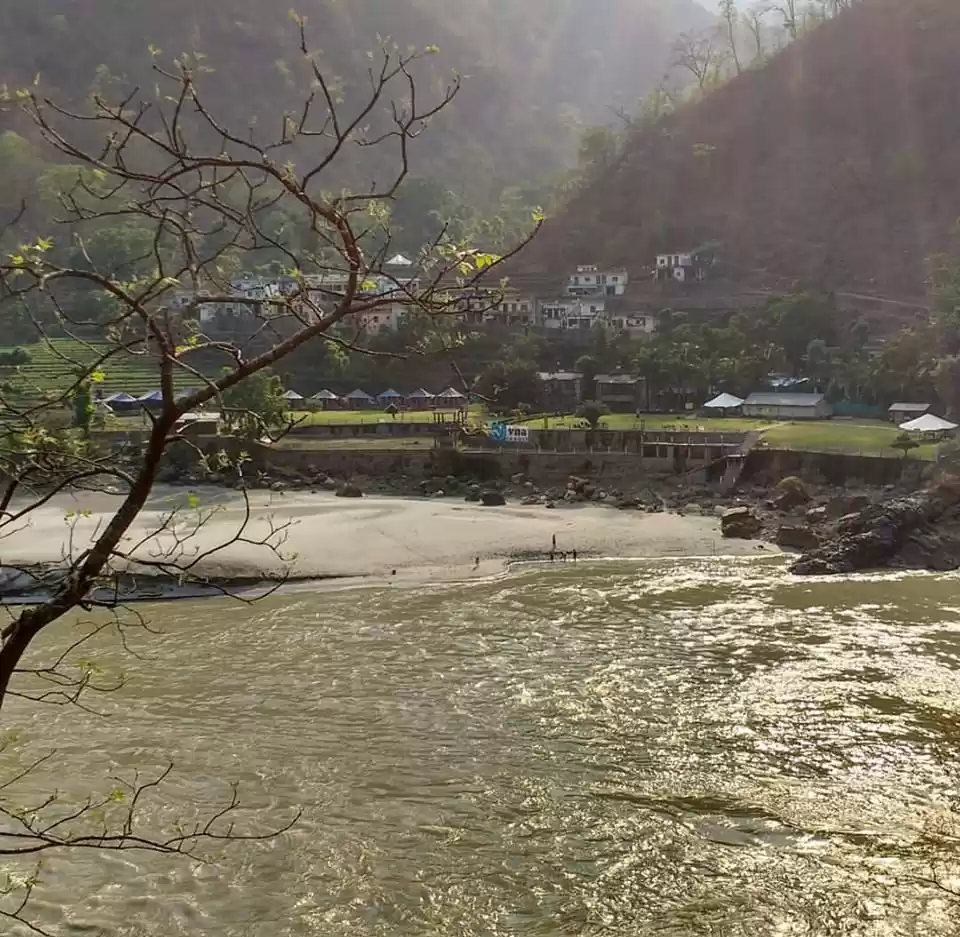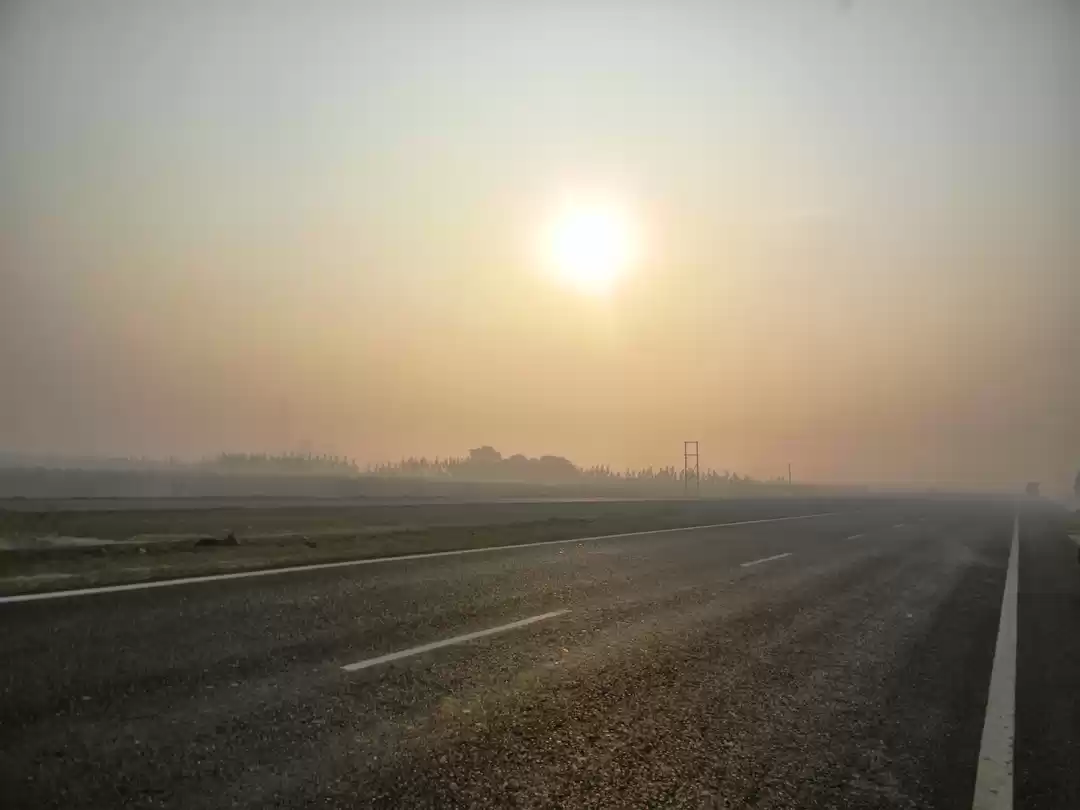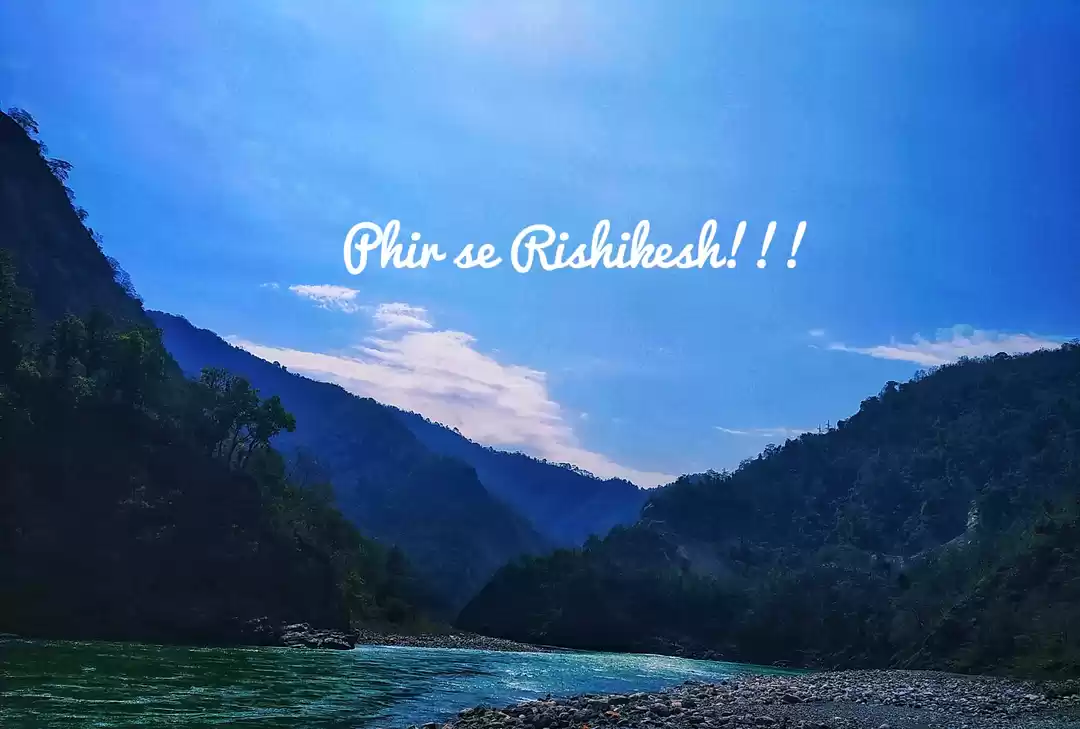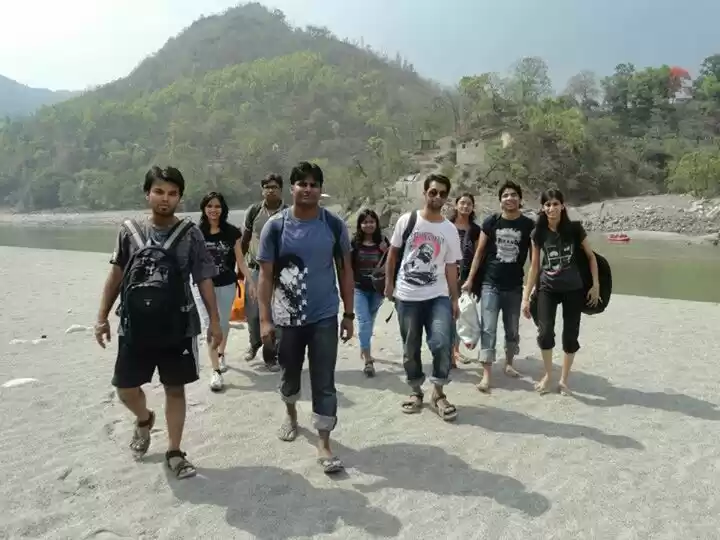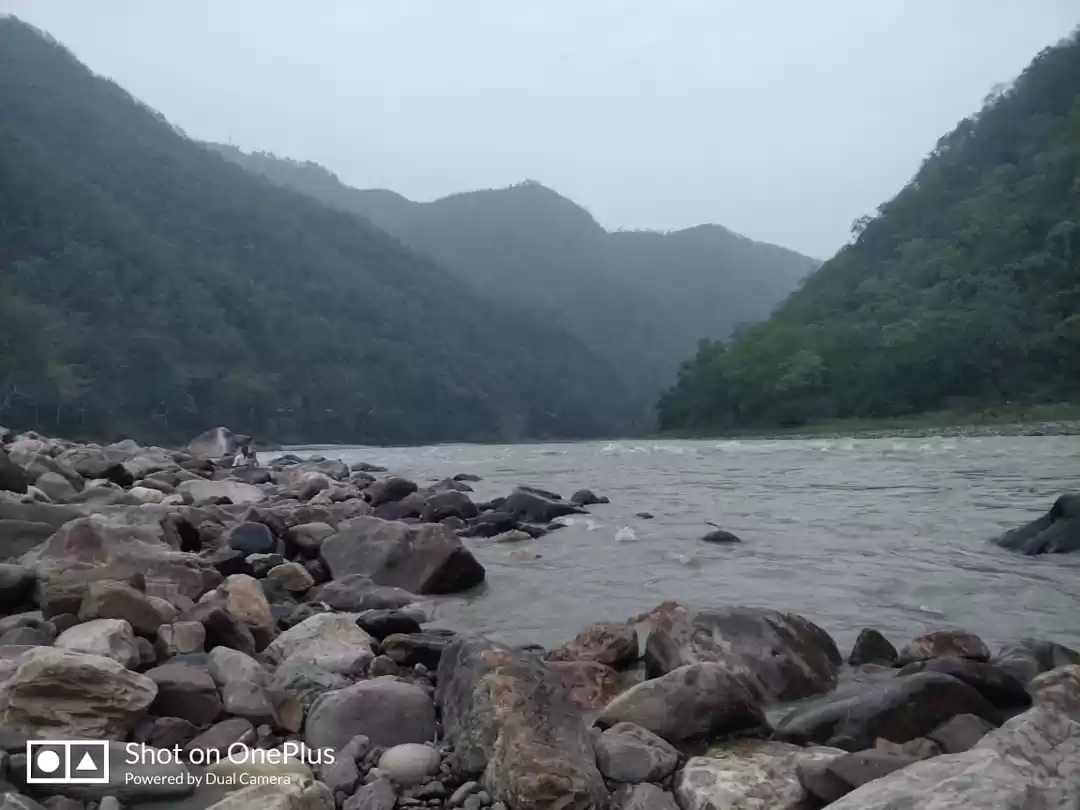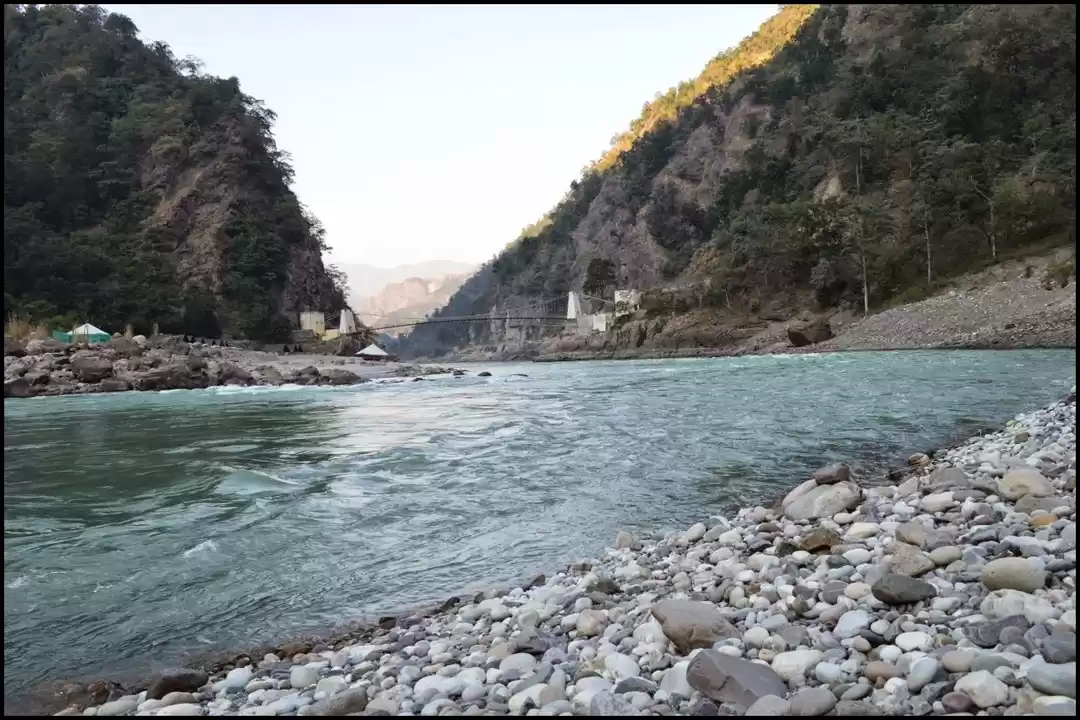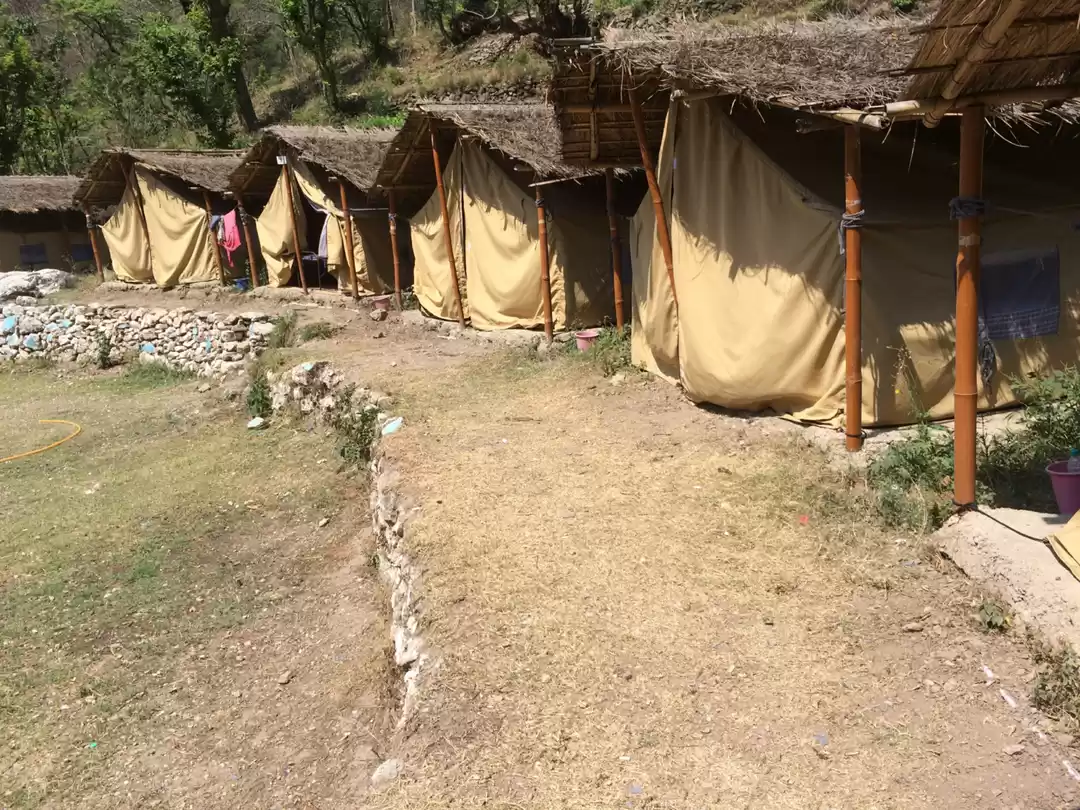



It was in March this year that we visited the adventure haven of India, Rishikesh. We had booked a camp in Malakunti, which is about 26kms upstream from the main town of Rishikesh. Our care-taker/rafting instructor, Anoop (Oh so good looking!) was there to pick us up at Haridwar station.
By the time we got to our camp, it was almost 7 pm, and you could hardly see a thing. Hot bhajiyas were waiting for us on a table by the river, with a lit bonfire. With no electricity in the camp, the place was dimly lit with Petromax lanterns. We could not see the river or anything around but could hear the soothing sound of the flowing water.

Pramod (the guy standing in the picture), our chief caretaker
However, when you looked up at the sky, it was jam packed like the traffic in Mumbai, with no space for another star. Madhura, decided to click a picture on low shutter, to capture some light. We were not ready for what we saw in the picture. A greenish-blue Ganga flowing peacefully, and a huge mountain with a backdrop of stars. It was surreal. But, more about the experience of this place in another post.

The picture taken on the first night
Since April, I’ve been reading about the debate on whether adventure sports in Rishikesh should be banned considering the ecological damage caused by the ever-increasing camps. It’s true; a lot of damage is being done. When we went rafting downstream from our camp in Malkunti to cover the 26km stretch to Rishikesh, in every few meters you could see a camp. Some were right by the banks of the river, which is illegal for a LOT of right reasons like the rising water levels, direct disposal of waste in the river etc.
According to the Uttarakhand Tourism Development Board (UTDB), the number of camping and rafting agencies in the state has increased from 27 in 2004 to 140 this year. However, apart from generating income for the state through taxes, rafting has also provided employment to thousands of people from the state.

I remember our chief caretaker –Pramod, telling us one evening, how the locals had lost almost everything including their close ones in the July, 2013 flash floods. That a year and a half later, people were still trying to come to terms with the loss. Pramod’s family stayed about 3 hours uphill from the campsite. He visited them whenever he could, but rest of the days he was here, earning money to provide them with a better life.
Also, it’s not just about the income, these people are very passionate about what they do. Anoop, our junior rafting instructor was only 22 years old. But he started exploring adventure sports from the age of seventeen. He was not afraid of the river; he just embraced it. The way these people spoke about the Ganges, you could feel the connection. You knew it meant much more to them than just a source of water.

That's Anoop in the picture, making sure we're strapped right.
Falling to the demands of us tourists, who want the luxuries of our home even in a forest, and the increase in competition, many camp operators have started flouting rules. Most arguments happening on this front are against operators, and the government. It's true that both entities are responsible. But shouldn't we also be responsible? Shouldn’t we be conscious? About the camps we choose, about the things we demand for, and the way we act?

One of the reasons why we chose this camp was that in their brochure they were very specific about their rules and environment safety practices. They had all their licenses in place. The biodegradable human waste from the dry pit toilets was used to make compost, and not directed into the river. The tents were at a safe distance from the riverbank. The camp was in a no network area, so it was difficult to catch mobile range. Also, as mentioned earlier there was no electricity in the camp, therefore you couldn’t charge your phones or any of your electronic devices. They were quite strict about where you stub your cigarette butts. No loud music was allowed. Alcohol was allowed (if you were carrying your own stock) but one didn’t need any external intoxication in a place like this. Was all of this an inconvenience? By city standards maybe, but in that place, certainly not. Because I have experienced the serenity, the peace, and the thrill of this place, I pray that other travellers are not robbed of this opportunity.

Rafting as a sport itself does not cause any consequential damage to the river. Things that are associated with the sport are causing the environmental damage. However, banning the sport is not a solution. The solution is to make rules and regulations that keep the environment, and the spirit of the sport at the forefront. To adopt practices that are sensitive to environmental interests. To restrict the number of camps, and operators, to conduct regular checks, to penalize those flouting the rules. And for us travellers, to make conscious decisions, and to ensure that we do not disturb the soul of any place, or it’s people.
(All Picture Credits: Madhura Lingayat)
For a detailed read up on this topic check out these links:
http://www.outdoorjournal.in/news-2/will-rafting-camps-on-the-ganges-be-banned-part-i-of-4/
http://www.youthkiawaaz.com/2015/11/rishikesh-river-rafting/


